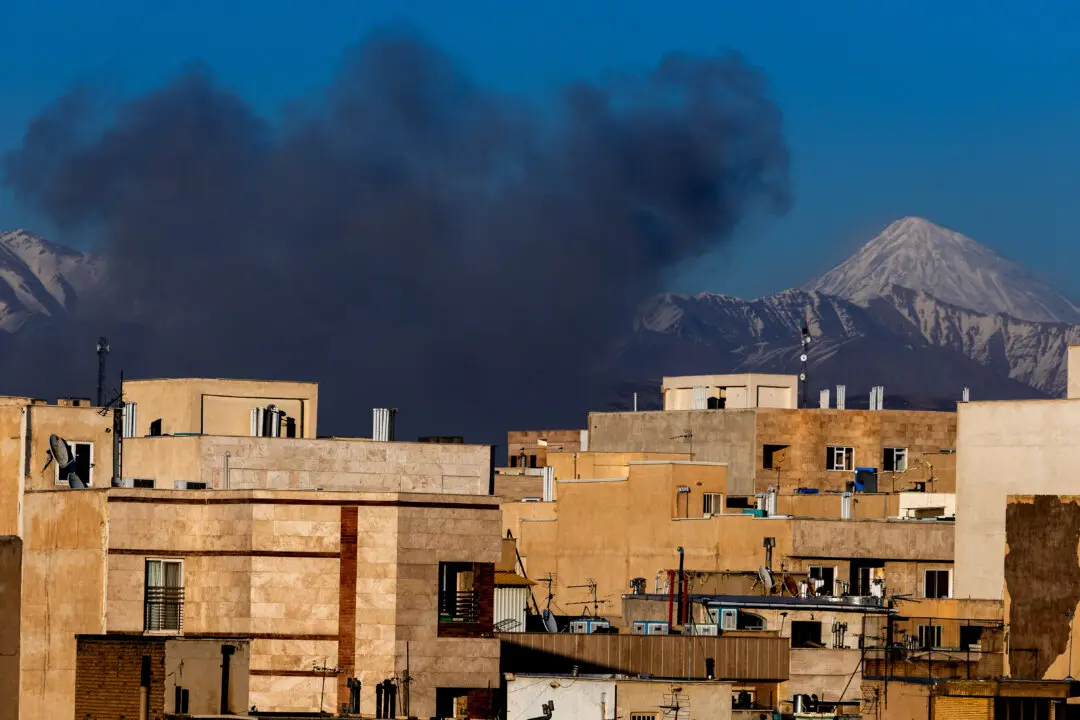A United Nations official warned that an outbreak of tens of millions of locusts is spreading throughout East Africa and is ravaging its vital farmland, putting the lives of millions of people at risk.
The U.N.’s top humanitarian official, Mark Lowcock, said swarms of the insects crossed into Uganda overnight. And now, South Sudan and Tanzania, he said, are “on the watch list.”





